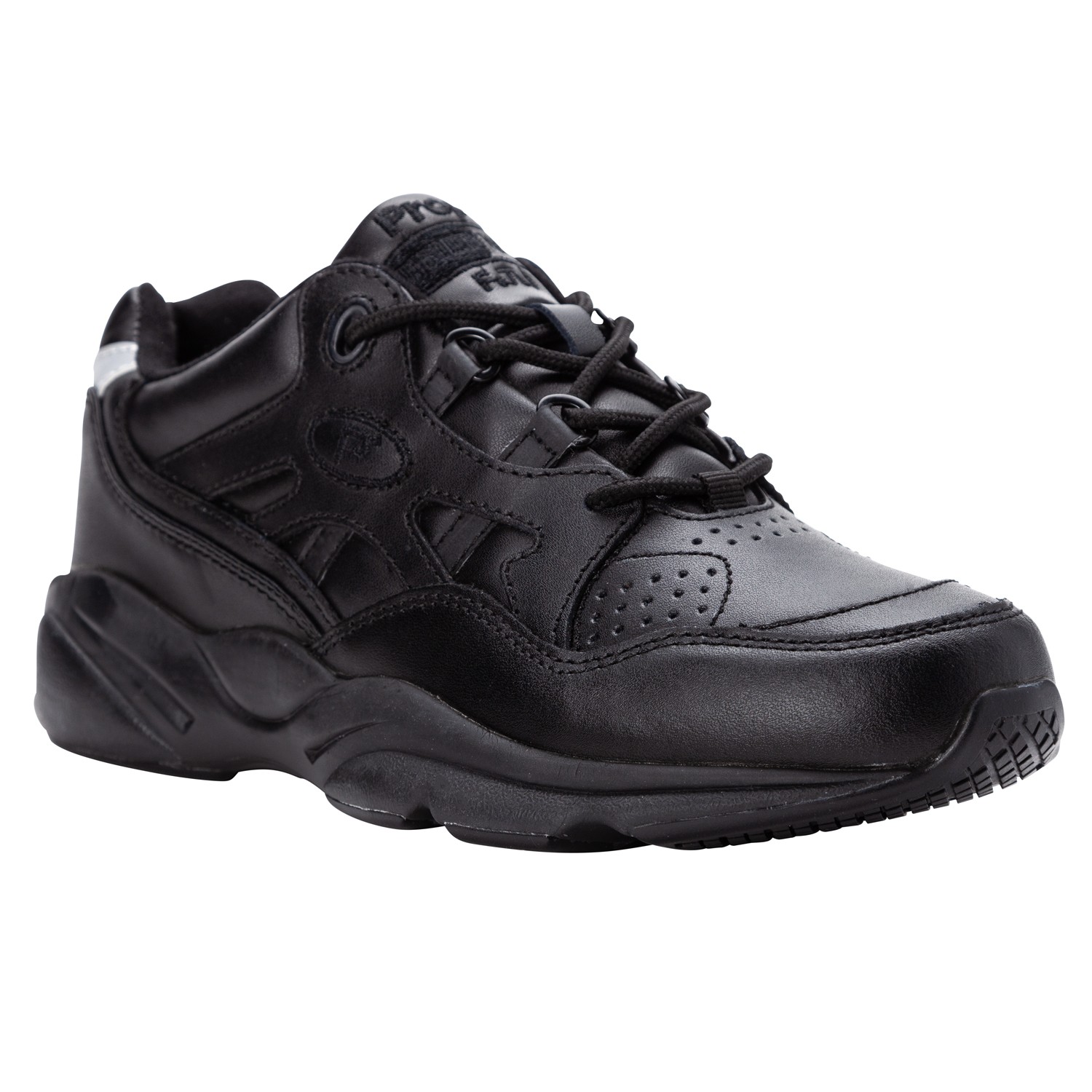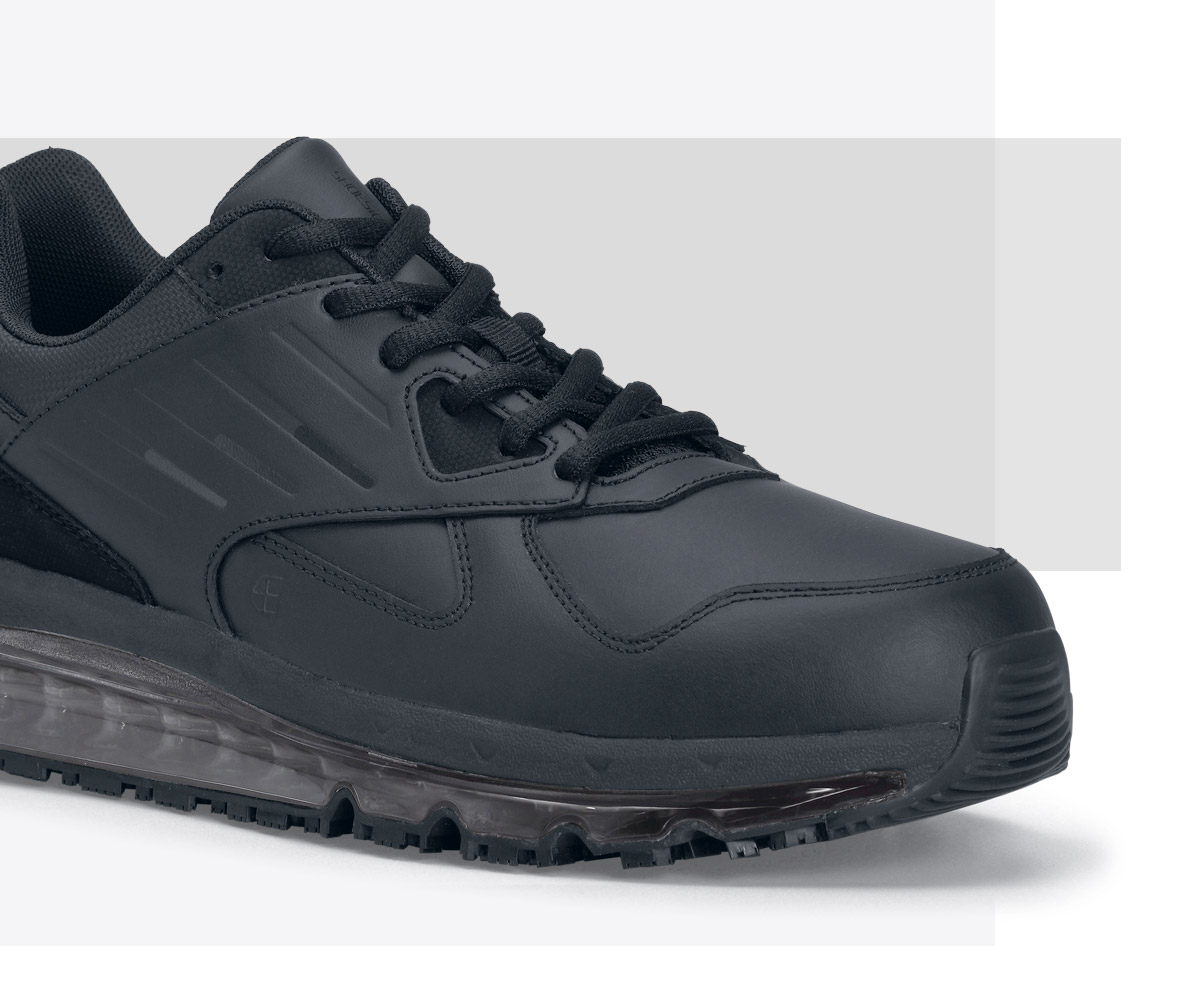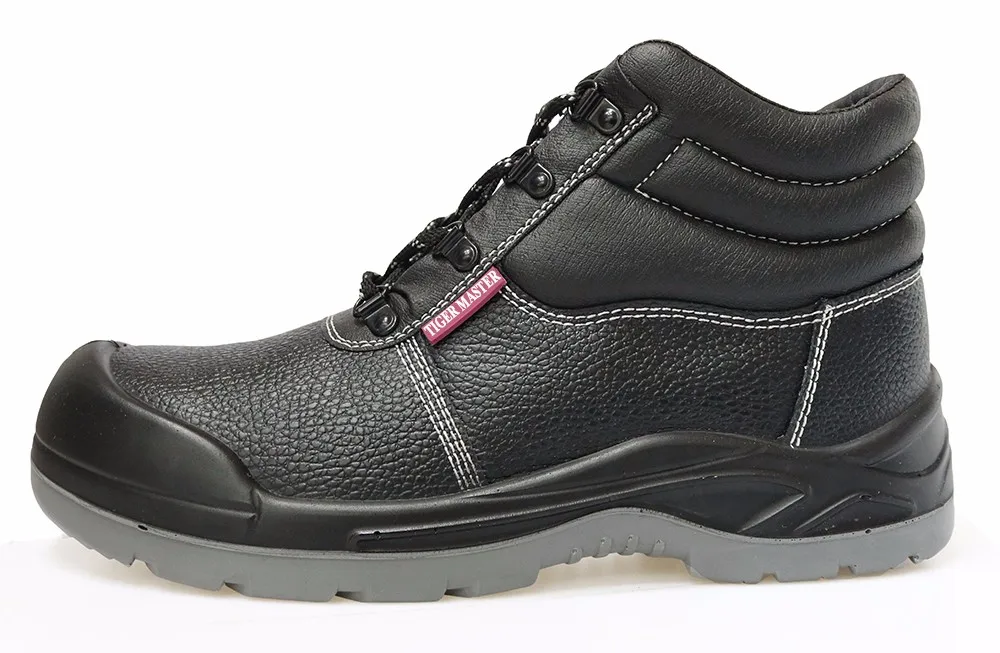Why Oil Resistant Shoes Matter in the Workplace
In industries where oil and slippery surfaces are common, the risk of slips, falls, and injuries is ever-present. According to the Occupational Safety and Health Administration (OSHA), slips, trips, and falls are a leading cause of workplace accidents, resulting in thousands of injuries and fatalities each year. One of the most effective ways to mitigate this risk is by wearing oil resistant slip resistant shoes. These specialized shoes are designed to provide superior traction on oily and slippery surfaces, reducing the likelihood of accidents and ensuring a safer working environment. By investing in high-quality oil resistant shoes, employers can protect their employees from the dangers of slips and falls, while also reducing the financial and reputational costs associated with workplace accidents. In fact, a study by the National Institute for Occupational Safety and Health found that wearing oil resistant slip resistant shoes can reduce the risk of slips, trips, and falls by up to 70%. With such significant benefits, it’s clear that oil resistant shoes are an essential component of any workplace safety strategy.
How to Choose the Right Oil Resistant Slip Resistant Shoes for Your Job
When it comes to selecting the right oil resistant slip resistant shoes for your job, there are several factors to consider. First and foremost, it’s essential to identify the type of oil you’ll be working with, as different oils require different levels of resistance. For example, shoes designed for petroleum-based oils may not provide the same level of protection against vegetable-based oils. Additionally, the work environment plays a critical role in determining the right shoe for the job. Will you be working in a wet or dry environment? Will you be exposed to extreme temperatures or hazardous materials? Answering these questions will help you narrow down your options and choose a shoe that meets your specific needs. Personal comfort is also a crucial consideration, as oil resistant slip resistant shoes can be heavier and more rigid than regular shoes. Look for features such as cushioning, breathability, and flexibility to ensure a comfortable fit. By taking these factors into account, you can choose the right oil resistant slip resistant shoes for your job and enjoy a safer, more comfortable working experience.
Top Brands for Oil Resistant Slip Resistant Shoes: A Review
When it comes to oil resistant slip resistant shoes, there are several top brands that stand out from the rest. Dr. Martens, for example, offers a range of oil resistant shoes with their iconic air-cushioned sole, providing excellent slip resistance and comfort. Timberland, on the other hand, is known for their rugged and durable oil resistant shoes, perfect for workers in demanding industries such as construction and manufacturing. Thorogood, a popular choice among workers in the food processing industry, offers oil resistant shoes with a focus on comfort and flexibility. Other notable brands include Magnum, 5.11 Tactical, and Georgia Boot, each offering unique features and benefits. When choosing an oil resistant slip resistant shoe, it’s essential to consider factors such as the type of oil you’ll be working with, the work environment, and personal comfort. By selecting a high-quality oil resistant shoe from a reputable brand, you can enjoy a safer, more comfortable working experience. In this article, we’ll review and compare some of the top brands of oil resistant slip resistant shoes, highlighting their features, pros, and cons to help you make an informed decision.
The Science Behind Oil Resistant Technology
Oil resistant slip resistant shoes rely on advanced technology and materials to provide superior traction and protection in slippery environments. At the heart of oil resistant technology lies the use of specialized rubber compounds, designed to maintain their grip and flexibility even when exposed to oil and other hazardous substances. These compounds are often formulated with additives that enhance their oil resistance, such as silica or carbon black. The tread pattern of oil resistant shoes also plays a critical role, with deep grooves and channels helping to channel oil away from the sole and provide a secure grip. Additionally, many oil resistant shoes feature slip-resistant coatings, which can be applied to the sole or upper materials to further enhance traction. Some oil resistant shoes may also incorporate advanced materials, such as polyurethane or polyvinyl chloride (PVC), which offer improved oil resistance and durability. By understanding the science behind oil resistant technology, workers can make informed decisions when selecting oil resistant slip resistant shoes for their job, and enjoy a safer, more confident working experience.
Slip Resistant vs. Oil Resistant: What’s the Difference?
When it comes to slip-resistant footwear, many workers assume that all slip-resistant shoes are created equal. However, there is a crucial distinction between slip-resistant shoes and oil resistant slip resistant shoes. While slip-resistant shoes are designed to provide traction on slippery surfaces, they may not necessarily be resistant to oil and other hazardous substances. Oil resistant slip resistant shoes, on the other hand, are specifically designed to maintain their grip and traction even when exposed to oil, chemicals, and other substances that can compromise the safety of traditional slip-resistant shoes. This makes oil resistant slip resistant shoes an essential choice for workers in industries where oil and slippery surfaces are common, such as manufacturing, construction, and food processing. By understanding the difference between slip-resistant and oil resistant shoes, workers can make informed decisions about the type of footwear that best meets their specific needs and ensures a safer working environment.
Oil Resistant Shoes for Specific Industries: A Breakdown
Different industries present unique challenges when it comes to oil resistant slip resistant shoes. For instance, manufacturing workers may require shoes with enhanced resistance to petroleum-based oils, while construction workers may need shoes that can withstand exposure to asphalt and other construction materials. In the food processing industry, oil resistant shoes must be able to withstand the rigors of frequent cleaning and sanitizing, while also providing traction on slippery floors. By understanding the specific requirements of their industry, workers can select oil resistant slip resistant shoes that meet their unique needs. For example, workers in the manufacturing industry may opt for shoes with a higher level of oil resistance, such as those featuring advanced rubber compounds and specialized tread patterns. In contrast, workers in the food processing industry may prioritize shoes with easy-to-clean designs and antimicrobial properties. By selecting the right oil resistant slip resistant shoes for their industry, workers can enjoy a safer, more confident working experience.
Comfort and Performance: Balancing Safety with Practicality
While oil resistant slip resistant shoes are essential for workplace safety, they must also provide comfort and performance to ensure workers can perform their duties effectively. A shoe that is too heavy, stiff, or uncomfortable can lead to fatigue, distraction, and decreased productivity. On the other hand, a shoe that balances safety with comfort and performance can boost worker morale, confidence, and overall job satisfaction. When selecting oil resistant slip resistant shoes, workers should look for features such as cushioning, breathability, and flexibility. These features can help reduce foot fatigue, improve mobility, and enhance overall comfort. Additionally, shoes with adjustable lacing systems, padded collars, and soft, breathable linings can provide a more comfortable fit. By prioritizing comfort and performance in oil resistant slip resistant shoes, workers can enjoy a safer, more productive, and more comfortable working experience. This, in turn, can lead to increased job satisfaction, reduced turnover rates, and improved overall business performance.
Conclusion: Protect Your Feet and Your Business with Oil Resistant Shoes
In conclusion, oil resistant slip resistant shoes are a crucial investment for any workplace where oil and slippery surfaces are present. By understanding the importance of oil resistant shoes, selecting the right type for their job, and prioritizing comfort and performance, workers can enjoy a safer, more productive, and more comfortable working experience. By investing in high-quality oil resistant slip resistant shoes, businesses can reduce the risk of slips, falls, and injuries, while also improving worker morale, confidence, and overall job satisfaction. With the right oil resistant slip resistant shoes, workers can focus on their tasks with confidence, knowing that their feet are protected from the hazards of oil and slippery surfaces. Don’t compromise on safety – choose oil resistant slip resistant shoes that meet the unique demands of your workplace and protect your feet and your business from the risks of oil-related accidents.







